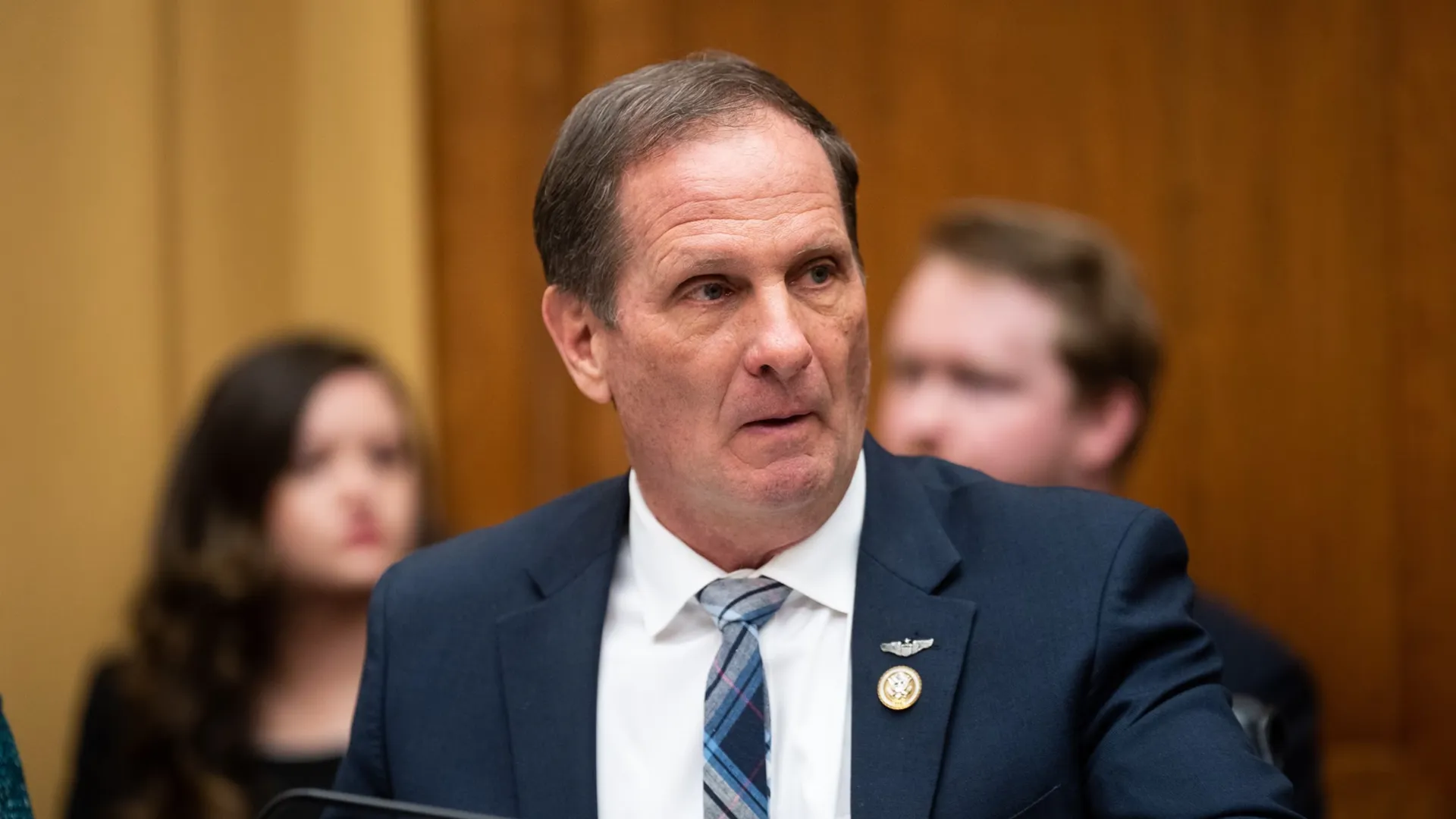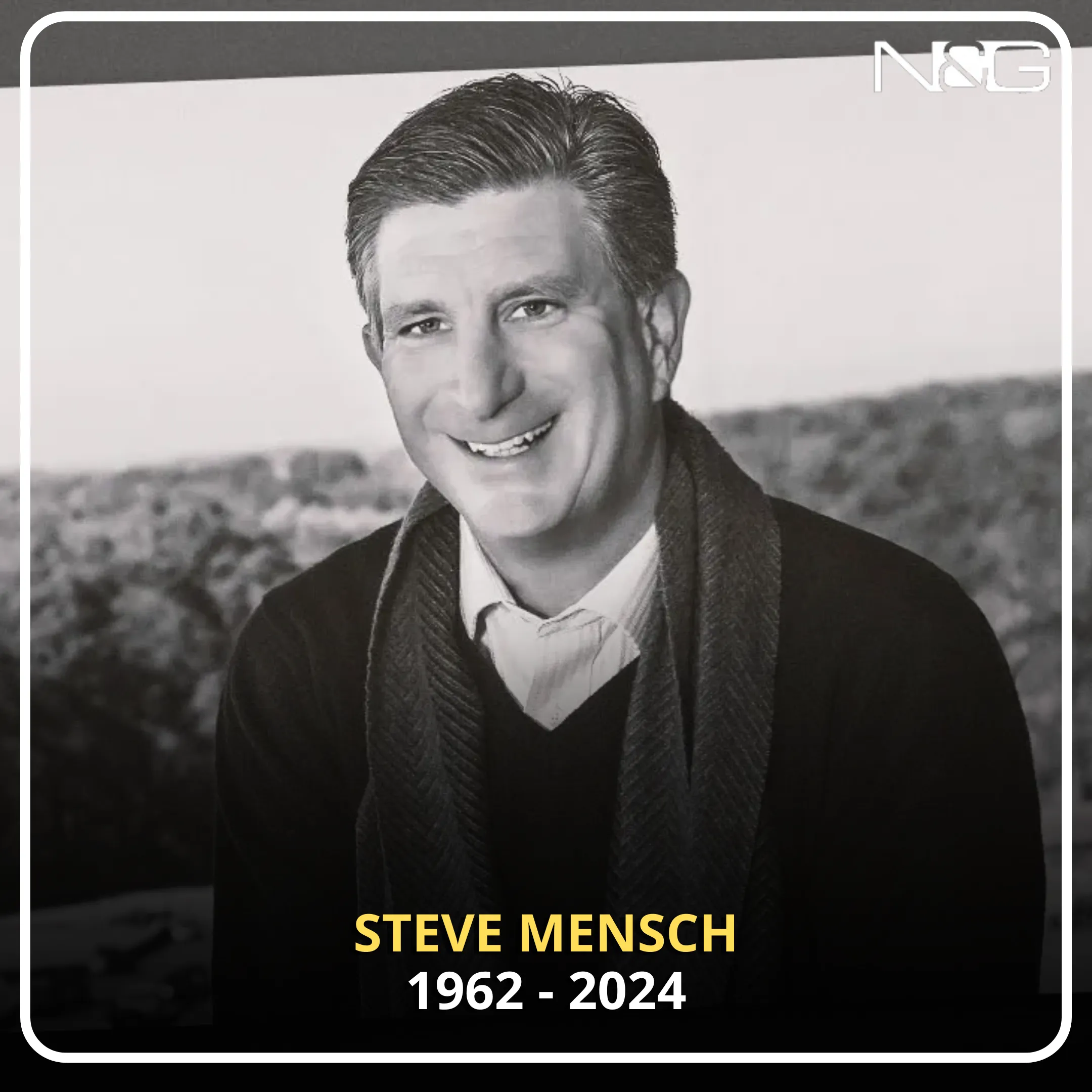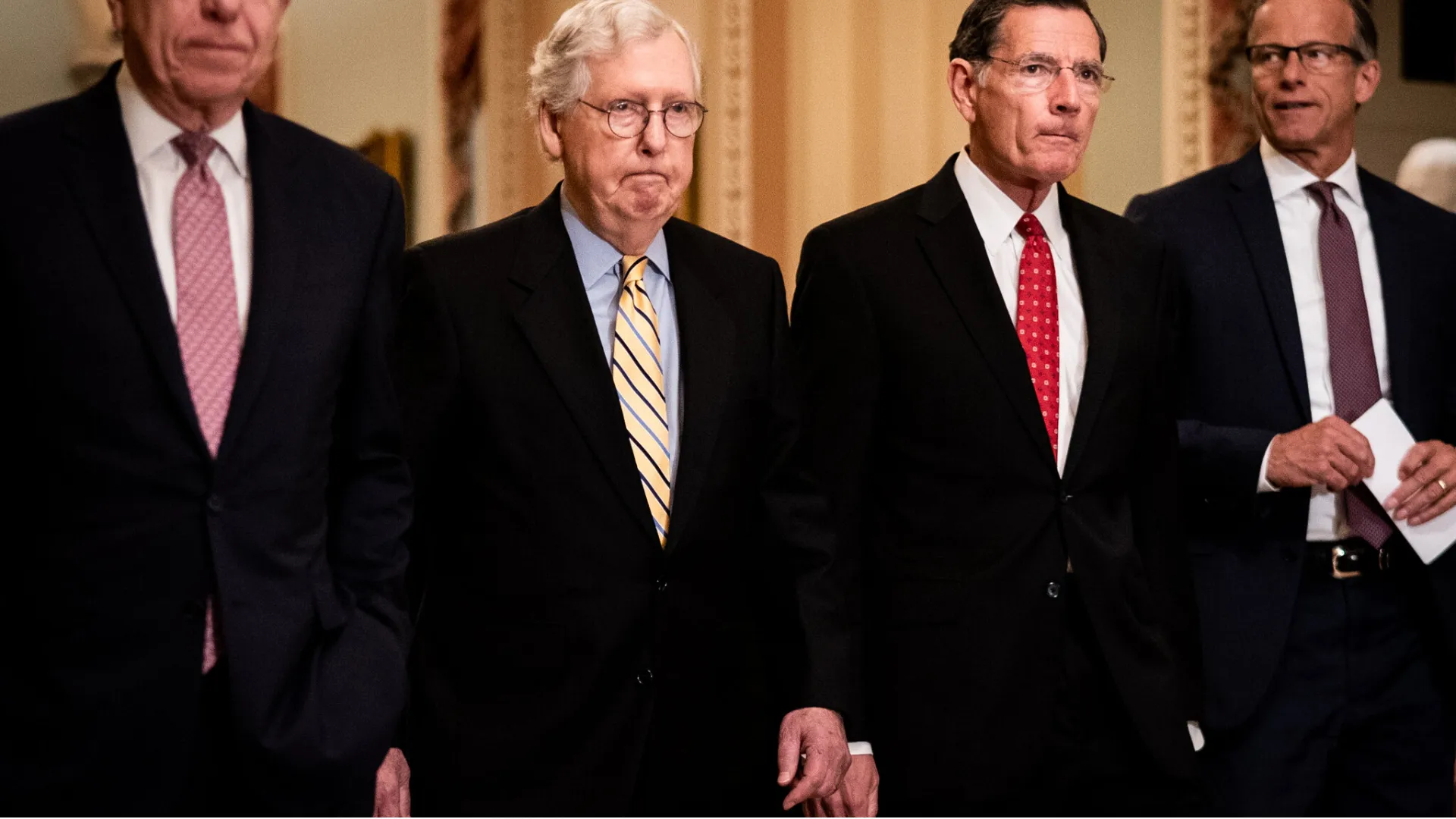
Speaker Mike Johnson (R-La.) made an unusual foray into international policy criticism during a press conference on Wednesday, expressing dismay over the United Kingdom’s move to legalize assisted dying.
Referring to the recent vote by U.K. lawmakers, Johnson described last Friday as “a sad and shameful day for the English-speaking world,” condemning the decision as a violation of the principles of medicine and ethics.
“It’s an ancient truth that medicine should always heal and never harm, but the U.K. just joined Canada in twisting that definition of medicine and codifying the Orwellian language of assisted death into law,” Johnson said.
The U.K.’s physician-assisted suicide bill, which passed the House of Commons but is not yet law, permits individuals aged 18 and older with a terminal diagnosis and a life expectancy of six months or less to seek medical assistance in dying.
The legislation mandates approval from two doctors to confirm the patient’s eligibility, a determination of the patient’s mental capacity, and judicial oversight to authorize the procedure.
Johnson voiced strong opposition to the measure, framing it as a broader societal and moral issue. “Any society that rejects that truth about life as a gift from our creator and adopts a culture of death is a society that is in the process of crumbling,” he stated.

“So-called assisted death endangers the weak and marginalized in society, and it corrupts medicine while eroding our obligations to family.”
Johnson also implored the people of the United Kingdom to challenge the legislation through democratic means, expressing hope that it could still be overturned.
In his remarks, Johnson compared the U.K.’s decision to similar laws in Canada, highlighting what he sees as a growing global trend toward normalizing euthanasia. He urged greater vigilance to uphold the sanctity of life, emphasizing his belief that such practices fundamentally undermine societal values.
While Johnson’s comments centered on developments overseas, euthanasia and medical aid in dying are not new issues in the United States.
Currently, 10 U.S. states and the District of Columbia have legalized medical assistance in dying, according to the advocacy group Compassion & Choices. These laws allow terminally ill patients to seek medical help to end their lives under specific conditions.
Despite his strong rhetoric, Johnson stopped short of committing to federal action on the issue. “I suspect we’ll have conversations about that,” he acknowledged. However, he clarified that “we don’t have any legislation planned at the moment.”
Johnson hinted that the matter could be a topic of discussion in the future as the trend toward assisted dying gains traction.
“It’s going to have to be part of the dialogue going forward because, as that trend continues, I think we need to stand out for the respect for life,” he concluded.



